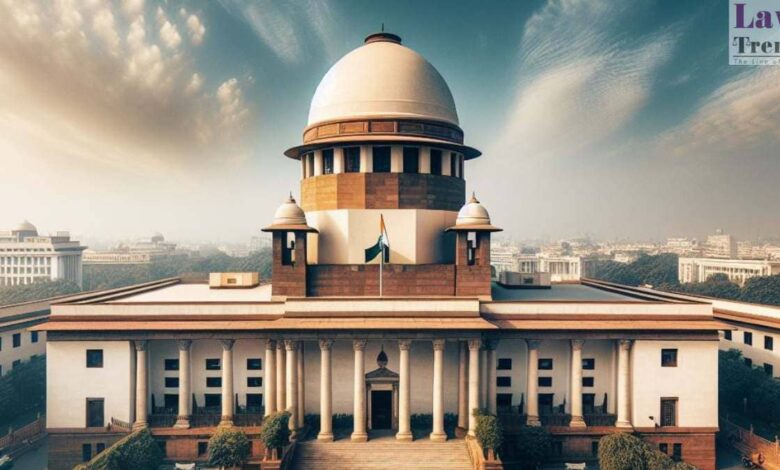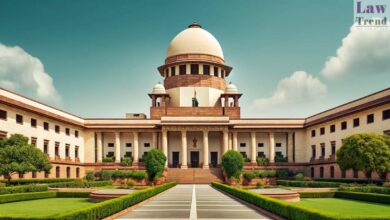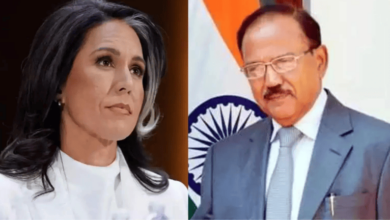
Supreme Court has set the process into motion for recognizing the intersex surgery problem at birth by asking for the office replies of the Centre and Central Adoption Resource Authority (CARA), and all other parties associated. The petition calling for the investigation into this matter raises doubts about whether surgeries are being done with consent and/or conducted without regulations, as well as the refusal of the official authorities to recognize the identity of intersex as equal electoral residents.
The petitioner, Gopi Shankar M of Madurai, claims that intersex children are enforcing uncontrolled sex-changing surgeries on newborns without consent or even knowledge so as to assign them a gender. The petitioner’s lawyers prove this point by showcasing the rules and regulations of different jurisdictions where such practices are considered a punishable offence, so there is a need for law in place to prohibit it.
A bench of the Supreme Court, presided by Chief Justice D Y Chandrachud along with two other judges Mr J B Pardiwala and Mr Manoj Misra, has roped in the ministries such as Home Affairs, Social Justice and Empowerment, Health and Family Welfare, Law and Justice, and Women and Child Development as respondents to the case under consideration. Moreover, this petition has been put before the Supreme Court, The Registrar General, the Census Commissioner of India, and CARA.
This development is after Tamilnadu enacted a law in 2019, ahead of the Madras High Court order whereby the state was asked to restrict such surgeries other than when it is a matter of life and death. The Supreme Court taking place in this situation is then just merely to stop this issue and make equality for intersex individuals’ rights.



